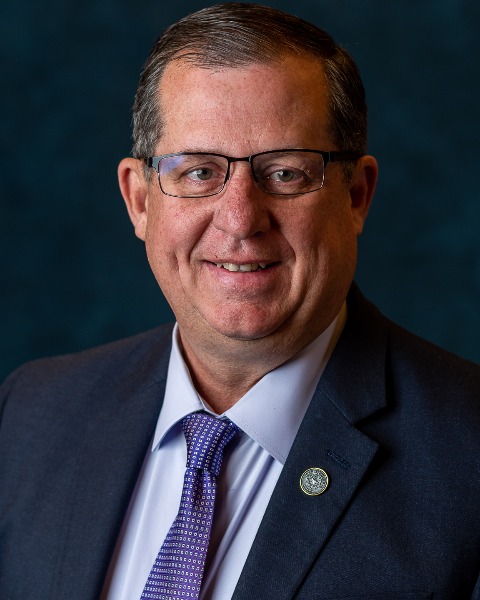Back
Case Study
The State of Texas vs Ochoa: Making a Difference (Part 2)
Wednesday, August 10, 2022
3:30 PM – 4:45 PM CDT
Room: Dallas A1-A2
CE: 1.25
150 minutes (Part 1 & 2)
Intermediate
All Professions
Intermediate
All Professions

Jason Foutch
Texas Department of Family and Protective Services
- EE
Eric Erlandson
Cooke County, Texas District Attorney Office
Primary Presenter(s)
Co-Presenter(s)
This presentation will discuss what happened to a five-year-old child, with an open CPS case, who went missing from her bedroom overnight. Law enforcement responded and searched for the child and left the scene without locating the child. Texas DFPS Special Investigators remained at the scene with the family of the missing child and continued their investigation. These investigators eventually located the child under a trailer in below-freezing temperatures wrapped in a trash bag nearly two hours after law enforcement left. It turns out that the child had been kidnapped, sexually assaulted, and injured so severely that she went into a coma for over a week after being recovered. This presentation will detail the family dynamics and the actions of both law enforcement and the CPS Special Investigators. The presenters will discuss what was done both right and wrong in the investigation and prosecution of the offender that resulted in a guilty verdict and a sentence of 45 years for Aggravated Sexual Assault of Child. See this link for more information.
Learning Objectives:
- Be mentally prepared as any day you should expect the unexpected. Wake up each morning thinking you can make a difference. Your professional life can change forever with one phone call. Communication is one of the most vital components in working with multi-jurisdictional teams. Keep an open mind about every case. Communicate with your supervisors and other law enforcement agencies.
- Be prepared for the geographical area you are going to assist in the search, understand the neighborhood, and the socio-economic area you are searching, and be prepared for the weather outside (hot or cold). Special Investigators are working in a non-enforcement capacity and should have a great working relationship with law enforcement officers prior to the day of the incident. Special investigators should aid law enforcement partners as needed or requested.
- At the beginning of an investigation, you should be prepared to assist in any manner necessary. Ask law enforcement what they discovered and why they are leaving the scene? Understand the background of a family whose child is missing. Interview everyone in the household even if it means numerous hours for many persons. Prepare to take other children living at the residence for forensic interviews. Conduct a search of the area that is applicable by law even if law enforcement states they have searched are prior to your arrival.
- The investigation does not stop after locating the child. Take video and photographs of the incident scene and surrounding area. Assist law enforcement in interviews of suspects and witnesses.
- Follow up with the victim for many days, weeks, or months after the incident. Follow up with law enforcement and the district attorney’s office. Prep for trial as you would with any other case, know your case, and be prepared as victim is depending on you to be at your best.
